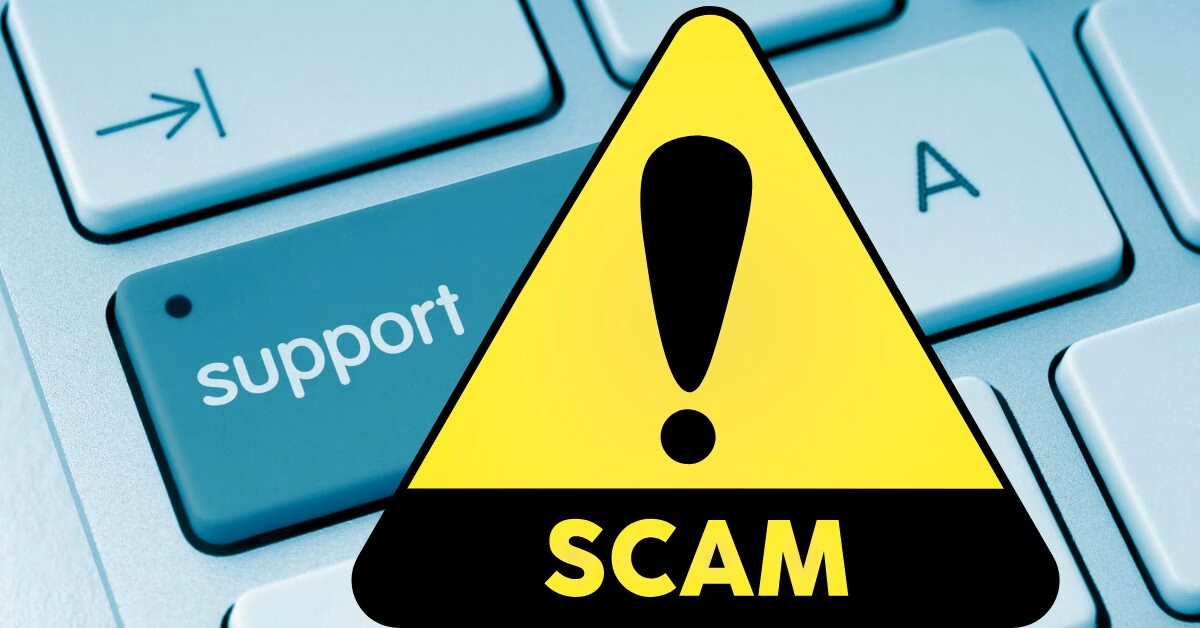Tech support scams are a widespread and deceptive practice used by cybercriminals to exploit individuals and businesses. These scams often involve impersonating legitimate companies or technical support professionals to trick victims into granting access to their devices, personal information, or financial accounts. Understanding how these scams work and taking steps to protect yourself can save you from significant stress and financial loss.
Common Signs of a Tech Support Scam
To recognize and avoid tech support scams, watch out for these warning signs:
- Unsolicited Communications: Legitimate tech companies will not contact you out of the blue to report issues with your device.
- Pop-Up Warnings: Be cautious of unexpected pop-up messages claiming your device is infected and urging you to call a support number.
- Pressure to Act Quickly: Scammers rely on fear and urgency to push victims into making hasty decisions.
- Requests for Payment: If someone demands immediate payment for support services, especially via unusual methods like gift cards or cryptocurrency, it’s a red flag.
- Remote Access Requests: Be skeptical if someone you don’t know asks you to download software or share your screen.
How Tech Support Scams Work
Tech support scams typically follow a common pattern:
- Unsolicited Contact: Scammers may contact you through phone calls, pop-up messages on your computer, emails, or even fake websites. They often claim to be from reputable companies like Microsoft, Apple, or your internet service provider.
- False Statements: These fraudsters will inform you of supposed issues with your device, such as viruses, malware, or system errors. They use technical jargon and alarming language to create a sense of urgency.
- Remote Access Request: Victims are often asked to install remote access software, such as TeamViewer or AnyDesk, giving the scammer full control of the device.
- Payment Demand: Once access is gained, the scammer may “diagnose” fabricated problems and demand payment for unnecessary or fake services. They may also steal sensitive data, install malware, or lock your device until a ransom is paid.
Contact Us
If you need assistance safeguarding yourself or have fallen victim to a Bitcoin scam, don’t hesitate to reach out to Fraud Complaints. Our dedicated team is here to support you through every step of cryptocurrency fraud— from investigation to recovery. Together, we can combat cryptocurrency fraud and help you protect your digital assets.
By staying vigilant and informed, you can protect yourself and others from falling victim to tech support scams. Remember: legitimate companies will never pressure you into immediate action or payment. When in doubt, take a step back and verify the situation independently.
